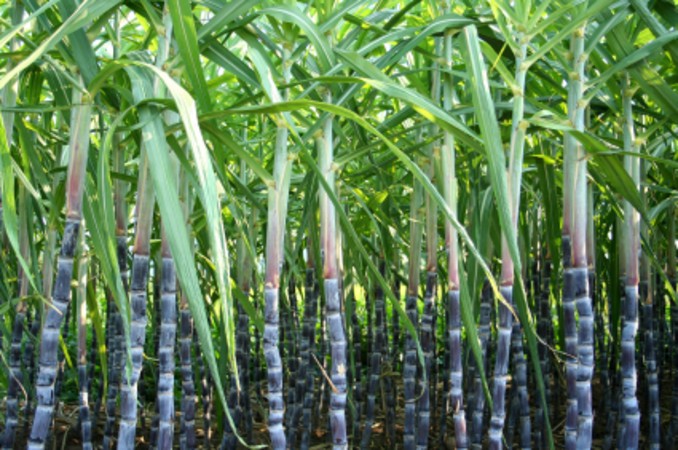
India’s annual subsidies to sugarcane producers have breached the allowed limits by as much as tenfold in the past six years, Australia told the World Trade Organization in a document published by the world body on Friday.
India’s support for producers is supposed to be capped at 10 percent of the value of production, but it had paid between 77.1 percent and 99.8 percent since 2011, with payments between $9.3 billion and $11.8 billion, Australia said.
The Australian challenge to India follows a U.S. call for transparency at the WTO, which President Donald Trump has threatened to quit if it does not “shape up”.
Australia said India had not reported any subsidies for sugarcane or its derived products since 1995-6, when the WTO was created, but evidence Australia had collected showed the actual payments were “vastly in excess of the limits”.
Australia said it was ready to discuss its findings with India and other WTO members, as well as the impact of the payments on global markets.
“As the world’s second largest sugar producer and fourth largest exporter, dynamics in India’s sugar market have significant implications for both prices and trade in the global market,” it said.
Indian government officials say India’s production subsidies to cane growers and some internal freight incentives do not violate WTO rules.
Although Australia’s analysis looked at the national picture, state-level payments made the breach even bigger, it said.
The major sugar producing states of Uttar Pradesh, Maharashtra and Karnataka had state-advised prices above the national minimum, adding a further 122.5 billion Indian rupees ($1.7 billion) in 2016-17 alone, Australia said.
Washington has demanded more transparency and discipline from the WTO’s 164 members, which are obliged to promptly report subsidies and other trade-related policies, to stop them hiding illicit practices or breaches of the rules.
The United States has published “counter-notifications” on behalf of China, India and Vietnam to highlight what it says are failures to report honestly at the WTO, and it has urged others to do the same.
On Monday, the United States published a breakdown of Indian cotton subsidies, which it said were far above allowed limits.
Australia’s challenge to Indian sugar payments was the first such counter-notification by any WTO member apart from the United States.
The WTO does not enforce its rules but relies on member countries to bring disputes to bring each other into line if they break the rules.
Australia’s document is not the start of an official trade dispute, but represents a shot across the bows for India, while alerting others to a potential breach.


.jpeg)

